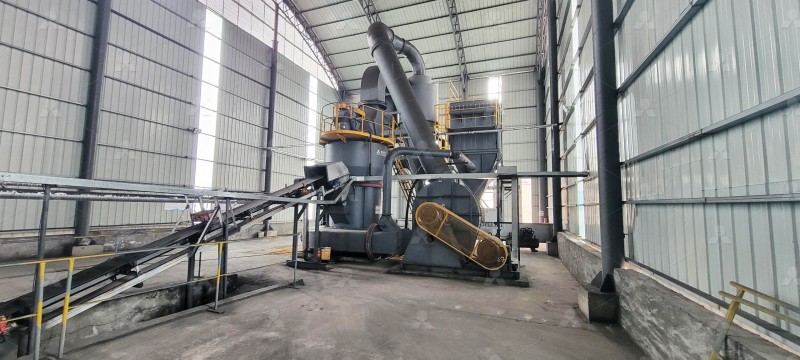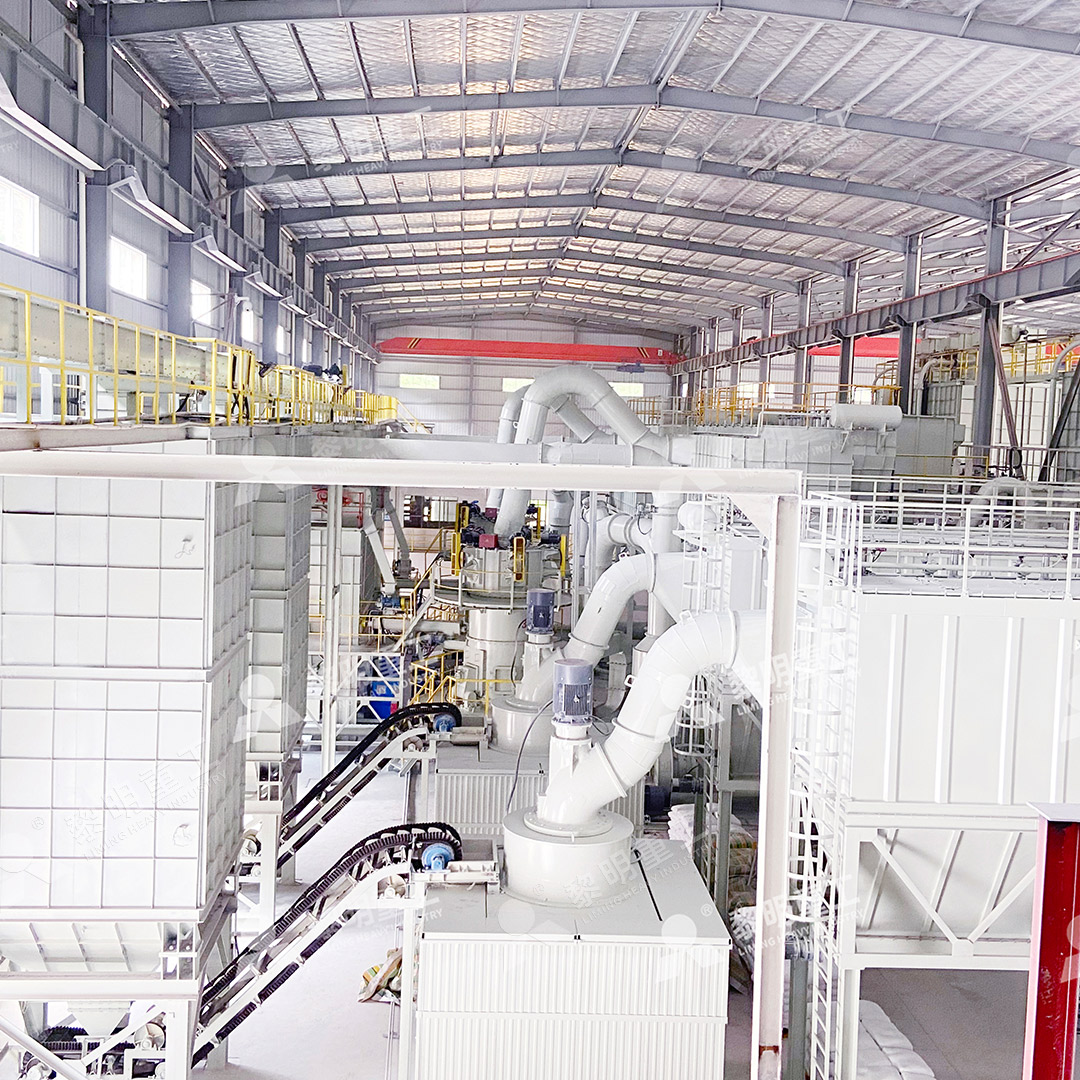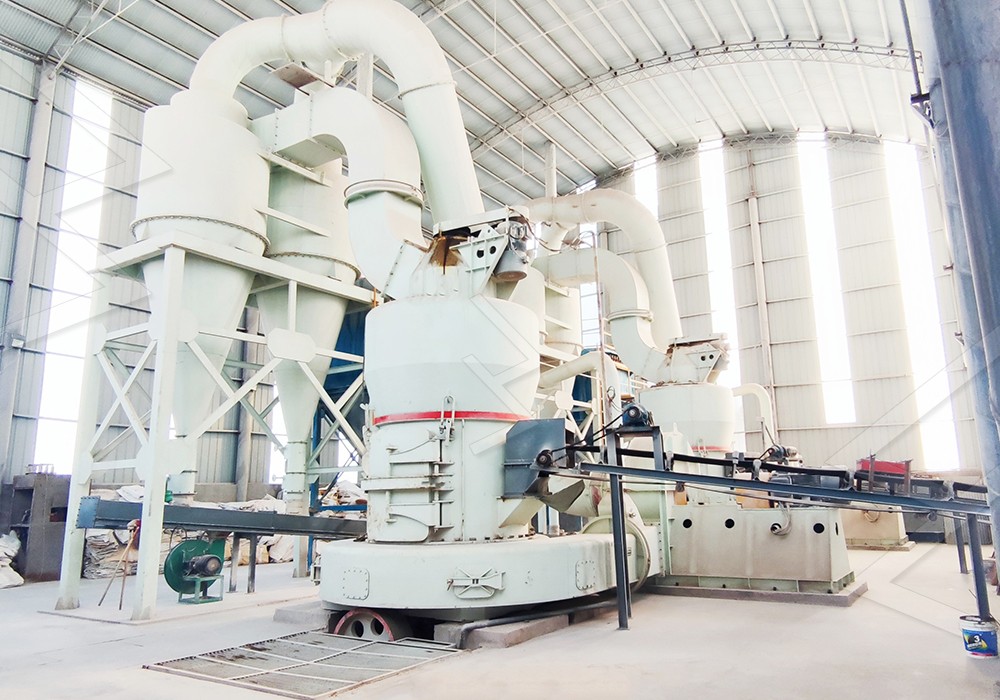Raymond Mill Manufacturers and Suppliers in Indonesia
We provide a wide range of mills — including Raymond mill, trapezoidal mill, vertical mill, ultrafine mill, and ball mill, obtained ISO9001 international quality certification, EU CE certification, and Customs Union CU-TR certification. Suitable for processing minerals such as limestone, phosphate, quicklime, kaolin, talc, barite, bentonite, calcium carbonate, dolomite, coal, gypsum, clay, carbon black, slag, cement raw materials, cement clinker, and more.
The discharge range of these mills can be adjusted to meet specific processing needs, typically from 80-400 mesh, 600-3250 mesh, and can achieve the finest particle size of up to 6000 mesh(D50).
If you are looking for a reliable grinding solution to turn stone or minerals into fine powder, please feel free to contact our online customer service.
Raymond Mill Manufacturers and Suppliers in Indonesia
Indonesia’s rapidly growing industrial sector has created substantial demand for high-quality grinding equipment across multiple industries. From mining and construction to chemical processing and power generation, reliable milling solutions are essential for operational success. As one of Southeast Asia’s largest economies, Indonesia presents unique challenges and opportunities for grinding mill manufacturers and suppliers.
The archipelago’s diverse mineral resources—including limestone, coal, gypsum, and various metallic ores—require versatile grinding solutions capable of handling different material characteristics and production requirements. Local conditions, such as humidity, temperature variations, and infrastructure limitations, further complicate equipment selection and operation.

Key Considerations for Mill Selection in Indonesia
When selecting grinding equipment for Indonesian operations, several factors demand careful consideration. Production capacity requirements must align with both current needs and projected growth. Material characteristics—including hardness, moisture content, and abrasiveness—significantly impact mill performance and maintenance schedules. Additionally, local environmental regulations and sustainability concerns are increasingly influencing equipment choices.
Energy efficiency has become particularly crucial given Indonesia’s evolving power infrastructure and cost structures. Operations in remote locations often face higher electricity costs and less reliable power supply, making low-energy consumption equipment not just preferable but essential for economic viability. Equipment that can maintain performance despite voltage fluctuations provides additional operational security.
Advanced Grinding Solutions for Modern Indonesian Industry
Among the sophisticated grinding solutions available today, the MW Ultrafine Grinding Mill stands out for operations requiring exceptionally fine powders. With an input size capacity of 0-20 mm and production rates ranging from 0.5 to 25 tons per hour, this equipment addresses the needs of customers who need to make ultra-fine powder for advanced applications.
The MW Ultrafine Grinding Mill incorporates several innovative features that make it particularly suitable for Indonesian operations. Its efficient pulse dust collector and muffler system effectively reduce dust and noise emissions, ensuring minimal environmental impact—a crucial consideration given Indonesia’s increasing environmental enforcement. The mill’s ability to produce powders with fineness adjustable between 325-2500 meshes, with screening rates achieving d97≤5μm in a single pass, provides exceptional flexibility for various industrial applications.

Another notable solution for Indonesian industries is the LUM Ultrafine Vertical Grinding Mill, which integrates ultrafine powder grinding, grading, and transporting in a single system. With its input size of 0-10 mm and capacity of 5-18 tph, this mill represents a comprehensive approach to powder processing. The LUM mill’s unique roller shell and lining plate grinding curve design facilitates easier material layer generation and enables high finished product rates through single-pass powder milling.
Technical Advantages for Demanding Applications
The MW Ultrafine Grinding Mill delivers significant operational benefits through its advanced engineering. The absence of rolling bearings and screws in the grinding chamber eliminates concerns about bearing damage or sealing part failures, while preventing machine damage caused by loose screws. This design consideration is particularly valuable in regions where specialized maintenance expertise may be limited.
From an efficiency perspective, the newly designed grinding curves of the grinding roller and grinding ring enhance grinding efficiency substantially. Compared to jet grinding mills and stirred grinding mills with the same fineness and power specifications, the MW Ultrafine Grinding Mill achieves 40% higher production capacity, while offering twice the yield of ball grinding mills. Remarkably, it accomplishes this with system energy consumption representing only 30% of jet grinding mill requirements.

Support and Service Considerations
Beyond technical specifications, reliable after-sales support and spare parts availability are critical factors for Indonesian operations. Equipment downtime can have severe financial implications, particularly in remote locations where technical expertise may be scarce. Manufacturers that provide comprehensive technical services and guarantee original spare parts availability offer significant value to operations facing these challenges.
Digitalized processing with numerically controlled operations—including steel plate cutting, bending, planing, milling, and paint spraying—ensures high machining precision, particularly for core components. This manufacturing approach translates to greater reliability and longer service intervals under demanding operating conditions.
Frequently Asked Questions
What industries in Indonesia most commonly use Raymond mills and similar grinding equipment?
These grinding solutions serve numerous Indonesian industries, including mining (limestone, calcite, dolomite), cement production, power generation (particularly coal grinding for power plants), chemical processing, and construction materials manufacturing. The versatility of modern grinding mills allows them to process various materials across these sectors.
How does the MW Ultrafine Grinding Mill address environmental concerns in Indonesia?
The MW Ultrafine Grinding Mill incorporates an efficient pulse dust collector that prevents dust pollution during operation. Additionally, silencers and noise elimination rooms reduce operational noise. The entire production system complies with national environmental protection standards, which is increasingly important given Indonesia’s strengthening environmental regulations.
What maintenance advantages does the MW Ultrafine Grinding Mill offer for operations in remote Indonesian locations?
With no rolling bearings or screws in the grinding chamber, the MW Mill eliminates common failure points. The external lubrication system allows lubrication without shutdown, enabling continuous 24-hour operation. These design features reduce maintenance requirements and technical expertise needed on-site, which is particularly beneficial for operations far from major service centers.
How does the fineness adjustment work on the MW Ultrafine Grinding Mill?
The mill features a cage-type powder selector using German technology that enhances powder separation precision. The multi-head cage-type powder selector can be configured according to specific yield, fineness, and sieving rate requirements. This allows operators to adjust product fineness between 325-2500 meshes as needed for different applications.
What energy efficiency benefits can Indonesian operations expect from modern grinding mills?
The MW Ultrafine Grinding Mill consumes approximately 30% of the energy required by jet grinding mills for comparable output. This significant reduction in power consumption directly lowers operating costs, which is particularly valuable in regions with expensive or unreliable electricity supply. The energy efficiency also contributes to sustainability goals and reduced environmental impact.
